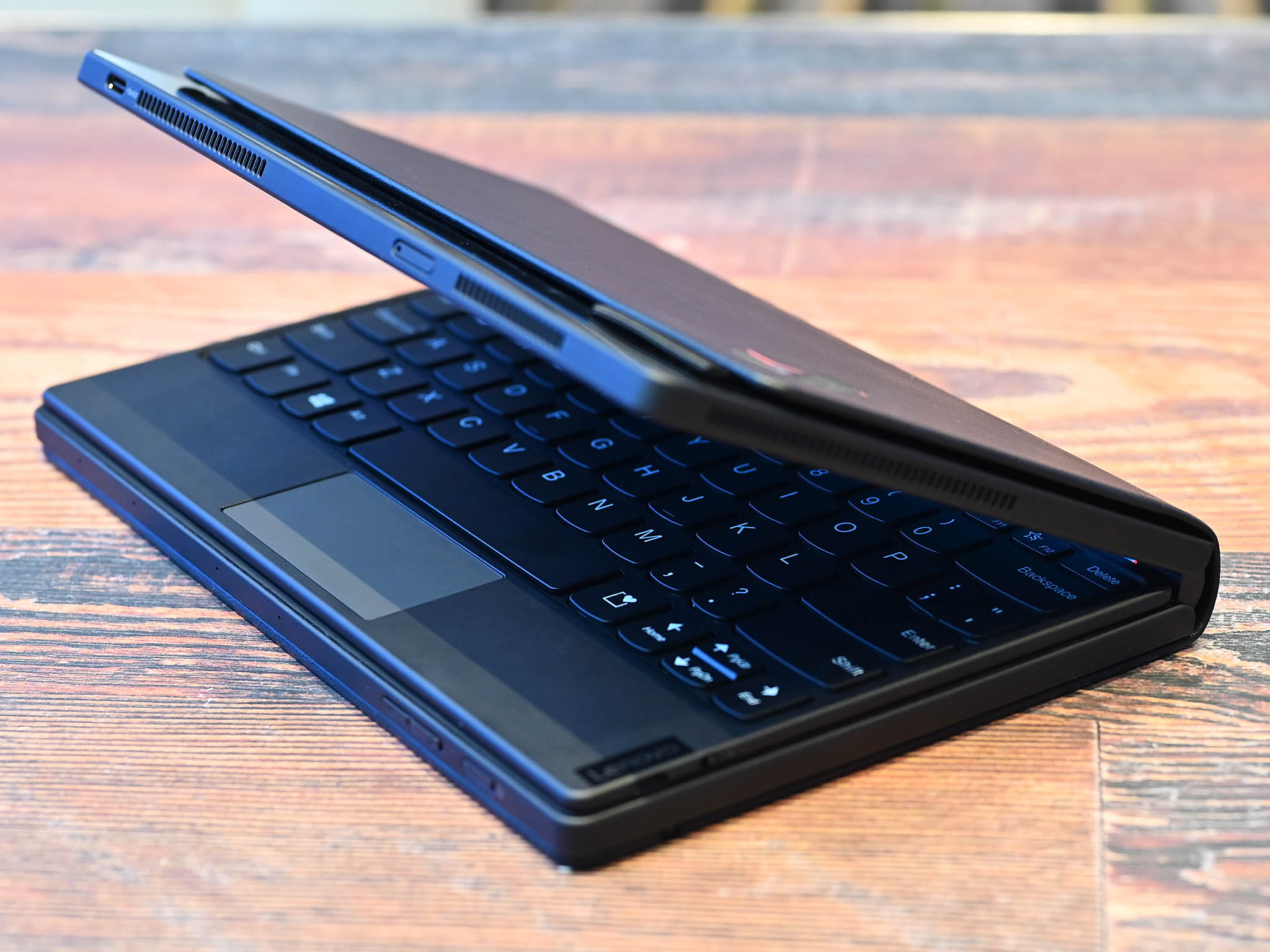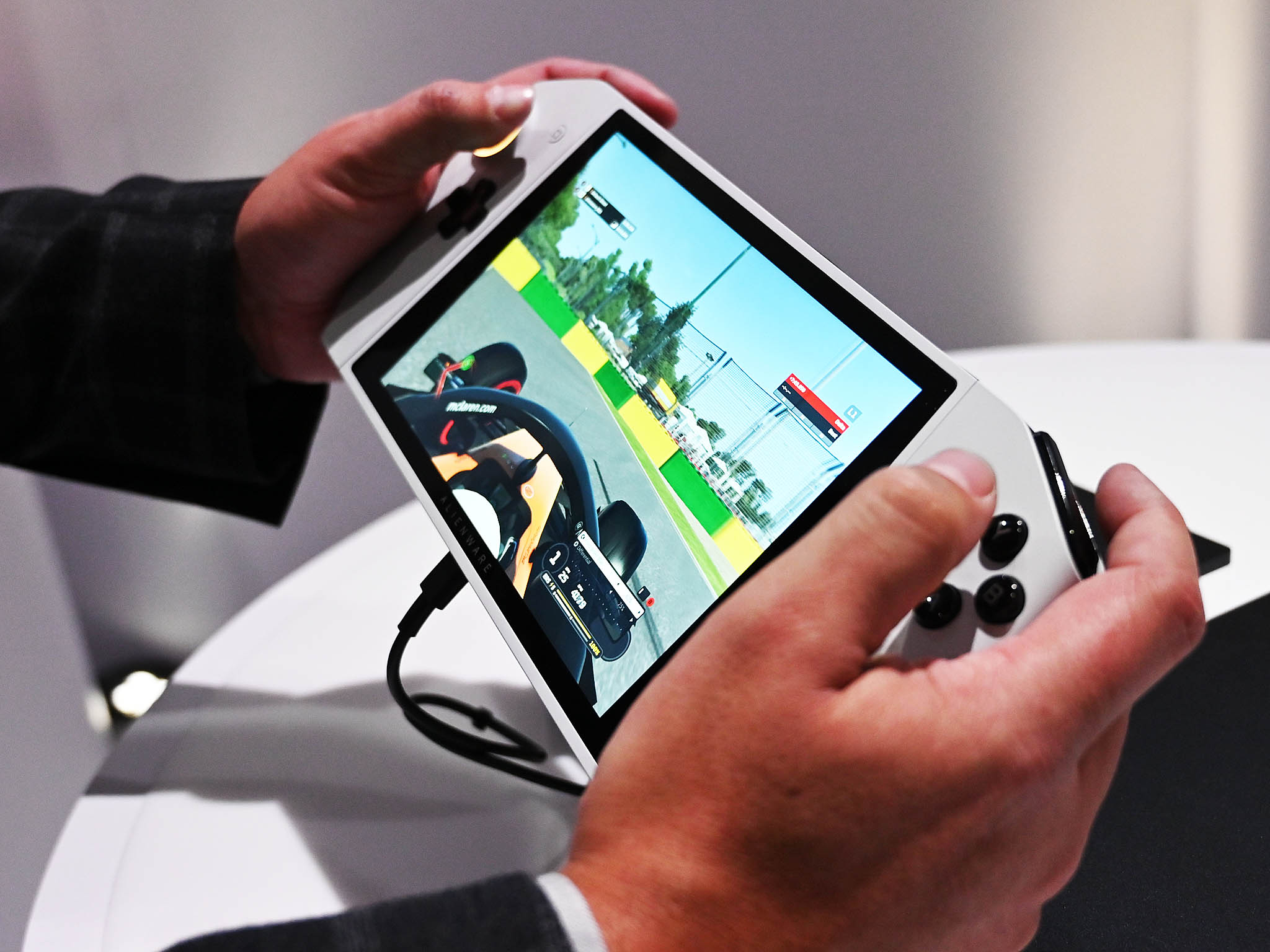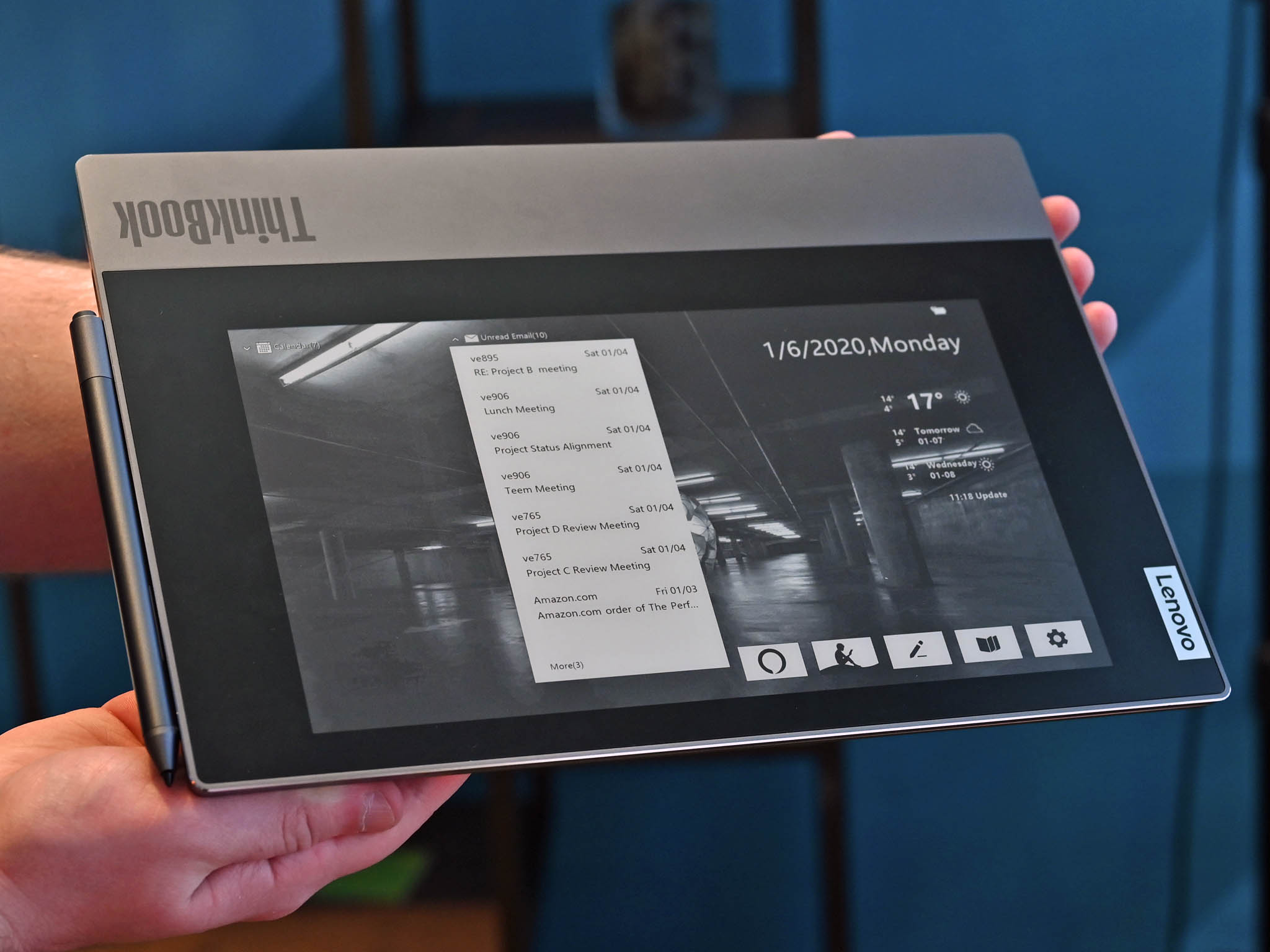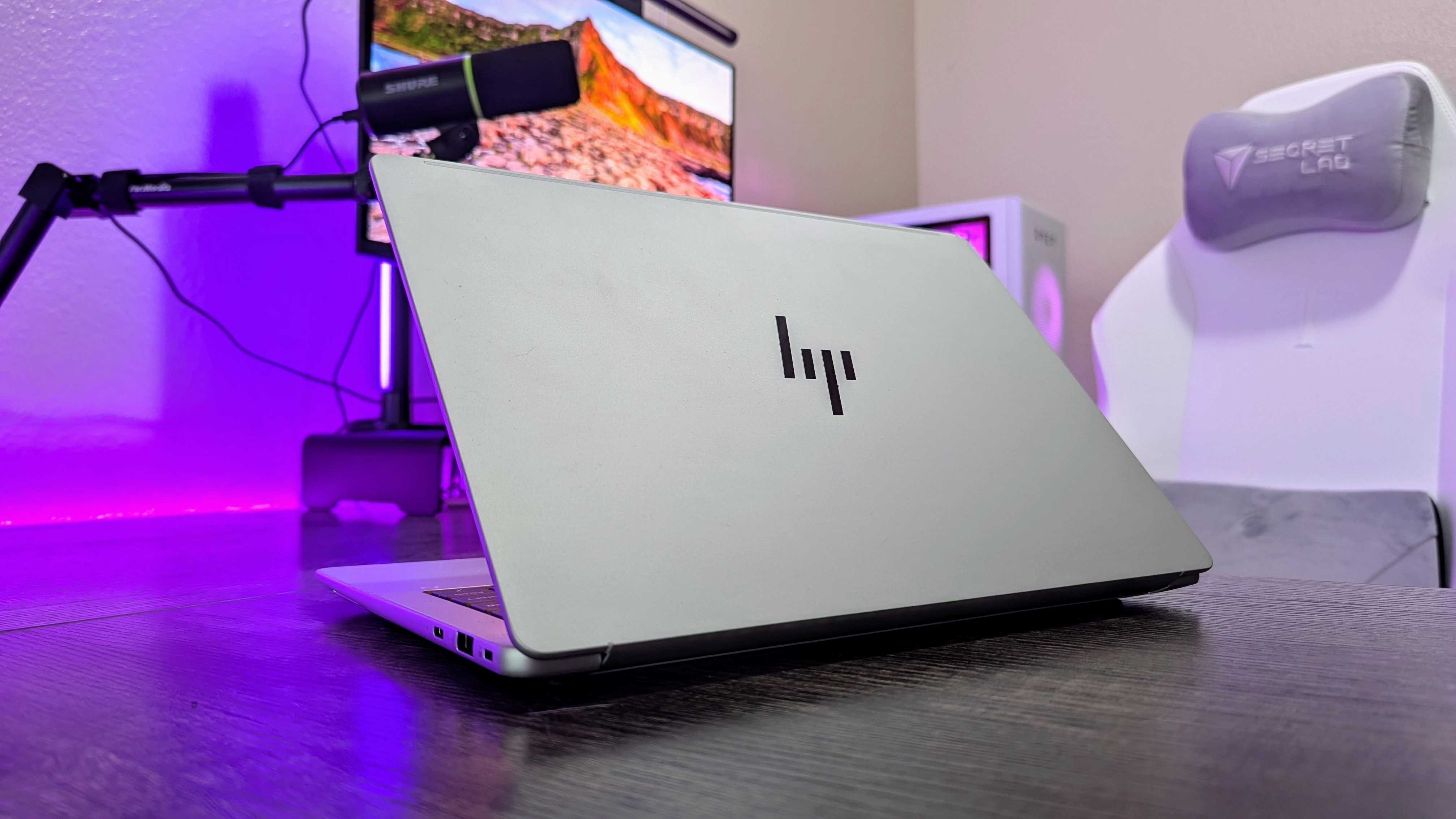PCs are exciting again as we head into a new age of mobile computing
2019 saw the first full-year of PC growth and its probably not just a fluke

Earlier today, news came out from IDC and Gartner regarding sales of Windows PCs and laptops. To be fair, the 0.6% growth from 2018 (Gartner) is reasonably small, and we have regularly seen quarter growth (year-over-year) in the past. But this is the first time since 2011 that the entire year saw shipments of PC rise and that's a big deal.
The elephant in the room – as both IDC and Gartner point out – is the end of Windows 7 driving adoption of new Windows 10 hardware by enterprise. That push is expected to continue into 2020 as IT departments play catch up to redeploy modern PCs with improved security standards based on Windows 10.
But there is plenty of anecdotal evidence that PCs are, once again, a significant category for everyone.
PC gaming is bigger than ever (IDC cites 16.5% year over year for Q2 2019, as one example). Many of those gaming PC and peripheral sales are laptops at nearly 45 percent. IDC estimates almost 10 percent year-over-year growth for all of 2019 in gaming PC-related categories.

Enterprise is more reliant than ever on mobile laptop solutions, including the increasingly popular "always-connected" devices with 4G LTE and soon 5G.
Consumer-focused devices like the Dell XPS 13, HP Spectre x360 13, Razer Blade Stealth, and Lenovo Yoga C940 continue to be pushed to mass audiences beyond business use. And Microsoft has no less than seven Surface PCs and laptops – quite a jump from Surface Pro and RT in 2012.
Indeed, headlines like "Global PC market posts record growth in 7 years, shipments up 4.7% in Q3 2019" are not that uncommon anymore.
Get the Windows Central Newsletter
All the latest news, reviews, and guides for Windows and Xbox diehards.

All of that positive news despite of rampant reports that Intel can't even meet OEM demand for its processors, causing bottlenecks in delivery.
While smartphone quarterly shipments (~332 million) dwarf PC and laptop (~72 million), it's the former category that has seen stalling in shipments or even seeing a decline. Indeed, Q3 2019 smartphone shipments rose a very modest 1 percent – the first growth in two years according to Canalys. Smartphones, like PCs, have become ubiquitous and commodified, which just means it's a mature market. Infinite or even double-digit growth in hardware shipments always peaks at some point.
Even at popular trade shows, like the just-wrapped CES 2020, smartphones are taking a back seat. Once, I skipped CES due to the lack of anything significant to cover, but in 2020, no less than 40 laptops were announced or refreshed with new hardware. Dell, Lenovo, HP, ASUS, Acer, and even smaller white-label brands were all out in force. Mobile World Congress (late February 2020) is also increasingly becoming a laptop show.

None of this is to suggest that smartphones are dead, or that laptops are the next big thing. But what we are seeing is the real beginning of convergence between the two categories. Devices like the forthcoming Lenovo ThinkPad X1 Fold, Surface Neo and Surface Duo, are changing how we think about mobile computing. Technology advances like 5G, 7nm processors, cloud gaming, leaps in display technology, and people's need for "real" computing beyond the phone is helping to drive all of this.
While the post-PC era never arrived, we are on the cusp of a new age of computing – one where traditional categories blur. What you think a computer is will be challenged, and that's always exciting.

Daniel Rubino is the Editor-in-chief of Windows Central. He is also the head reviewer, podcast co-host, and analyst. He has been covering Microsoft since 2007 when this site was called WMExperts (and later Windows Phone Central). His interests include Windows, laptops, next-gen computing, and wearable tech. He has reviewed laptops for over 10 years and is particularly fond of 2-in-1 convertibles, Arm64 processors, new form factors, and thin-and-light PCs. Before all this tech stuff, he worked on a Ph.D. in linguistics, performed polysomnographs in NYC, and was a motion-picture operator for 17 years.
